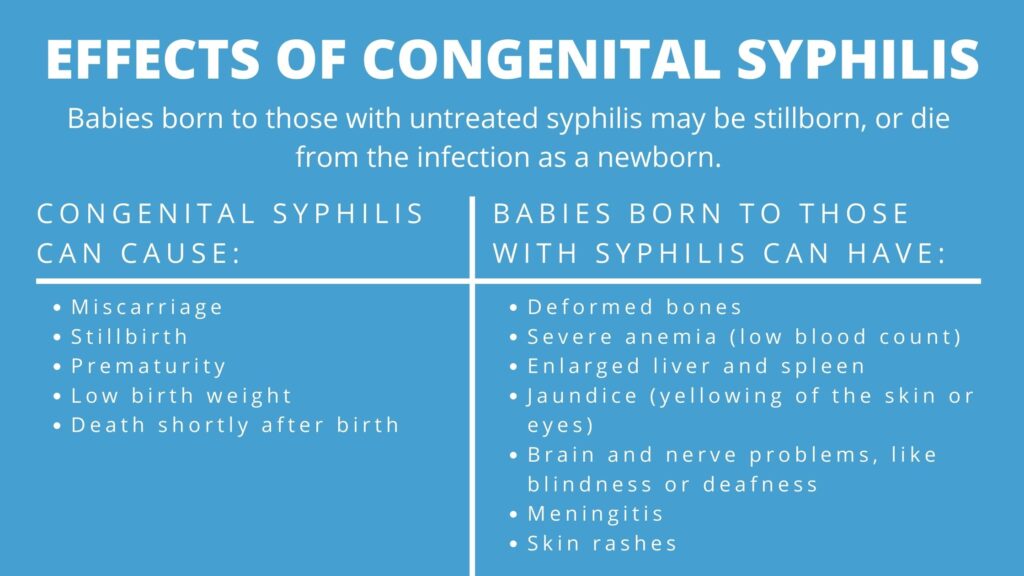Sensitive Teeth Explained: Early Pregnancy Sign
The earliest signs of pregnancy can be subtle, often masquerading as minor inconveniences or dismissible bodily changes. Among these, sensitive teeth can be an unexpected indicator that a woman might be expecting. This phenomenon, though not as widely discussed as morning sickness or fatigue, is experienced by a significant number of women during the early stages of pregnancy. Understanding the connection between sensitive teeth and pregnancy requires a dive into the physiological changes that occur during this period.
Hormonal Shifts: The Primary Cause
Pregnancy is characterized by profound hormonal shifts, with significant increases in estrogen and progesterone levels. These hormones play crucial roles in preparing the body for pregnancy and childbirth, affecting various bodily systems, including the oral cavity. Estrogen, in particular, has been linked to changes in the gums and teeth, potentially leading to sensitivity.
Estrogen can cause the blood vessels to expand, leading to increased blood flow to the gums. This increased blood flow can make the gums more sensitive and prone to inflammation, a condition known as pregnancy gingivitis. The inflammation and sensitivity in the gums can radiate to the teeth, making them more sensitive to temperature changes, sweets, and even the pressure of chewing.
Other Factors Contributing to Sensitive Teeth
While hormonal changes are the primary culprit behind sensitive teeth during pregnancy, other factors can exacerbate the condition:
Acid Erosion: Morning sickness, a common symptom of early pregnancy, can lead to frequent vomiting. The acid in the stomach can erode the enamel on the teeth, making them more sensitive.
Increased Acid Production: Some pregnant women may experience an increase in acid production in the mouth, which can further contribute to enamel erosion and sensitivity.
Changes in Oral Hygiene: During pregnancy, some women may become more diligent about their oral health, brushing more vigorously or frequently. While good oral hygiene is essential, overzealous brushing can lead to gum recession, exposing the roots of the teeth and making them more sensitive.
Dietary Changes: Pregnant women often undergo significant dietary changes, sometimes consuming more sugary or acidic foods and drinks. These dietary shifts can contribute to tooth decay and sensitivity if not balanced with proper oral care.
Managing Sensitive Teeth During Pregnancy
While sensitive teeth can be an uncomfortable symptom, there are several strategies to manage and alleviate the discomfort:
- Soft-Bristled Toothbrush: Switching to a soft-bristled toothbrush can help reduce gum irritation.
- Desensitizing Toothpaste: Using toothpaste specifically designed for sensitive teeth can help block the dentinal tubules, reducing sensitivity.
- Regular Dental Check-Ups: Maintaining regular dental appointments is crucial during pregnancy. Dentists can provide personalized advice and treatment, including cleaning and fluoride application to protect the teeth.
- Good Oral Hygiene: Practicing gentle but thorough oral hygiene, including flossing and using an antibacterial mouthwash, can help reduce gum inflammation and prevent tooth decay.
- Dietary Adjustments: Limiting sugary, acidic, and hard foods can reduce the risk of tooth decay and sensitivity.
Conclusion
Sensitive teeth, while often dismissed as a minor annoyance, can be an early indicator of pregnancy, reflecting the significant hormonal and physiological changes that occur during this period. By understanding the causes and taking proactive measures to manage sensitivity, pregnant women can maintain good oral health and reduce discomfort. It’s essential for expectant mothers to discuss any oral health concerns with their dentist and obstetrician, ensuring they receive comprehensive care that addresses both their oral and overall well-being.
Can sensitive teeth during pregnancy be a sign of an underlying condition?
+Yes, sensitive teeth can sometimes indicate an underlying oral health issue, such as a cavity, gum disease, or a cracked tooth. Regular dental check-ups during pregnancy are crucial for identifying and treating these conditions early on.
How long does tooth sensitivity during pregnancy typically last?
+Tooth sensitivity can vary in duration, often mirroring the hormonal fluctuations throughout pregnancy. For many women, sensitivity improves after pregnancy, although it may persist if underlying oral health issues are not addressed.
Are there any home remedies for sensitive teeth during pregnancy?
+Yes, several home remedies can help alleviate sensitive teeth, including using a desensitizing toothpaste, avoiding acidic foods, and practicing good oral hygiene. However, it’s essential to consult with a dentist before trying any new remedies, especially during pregnancy.

